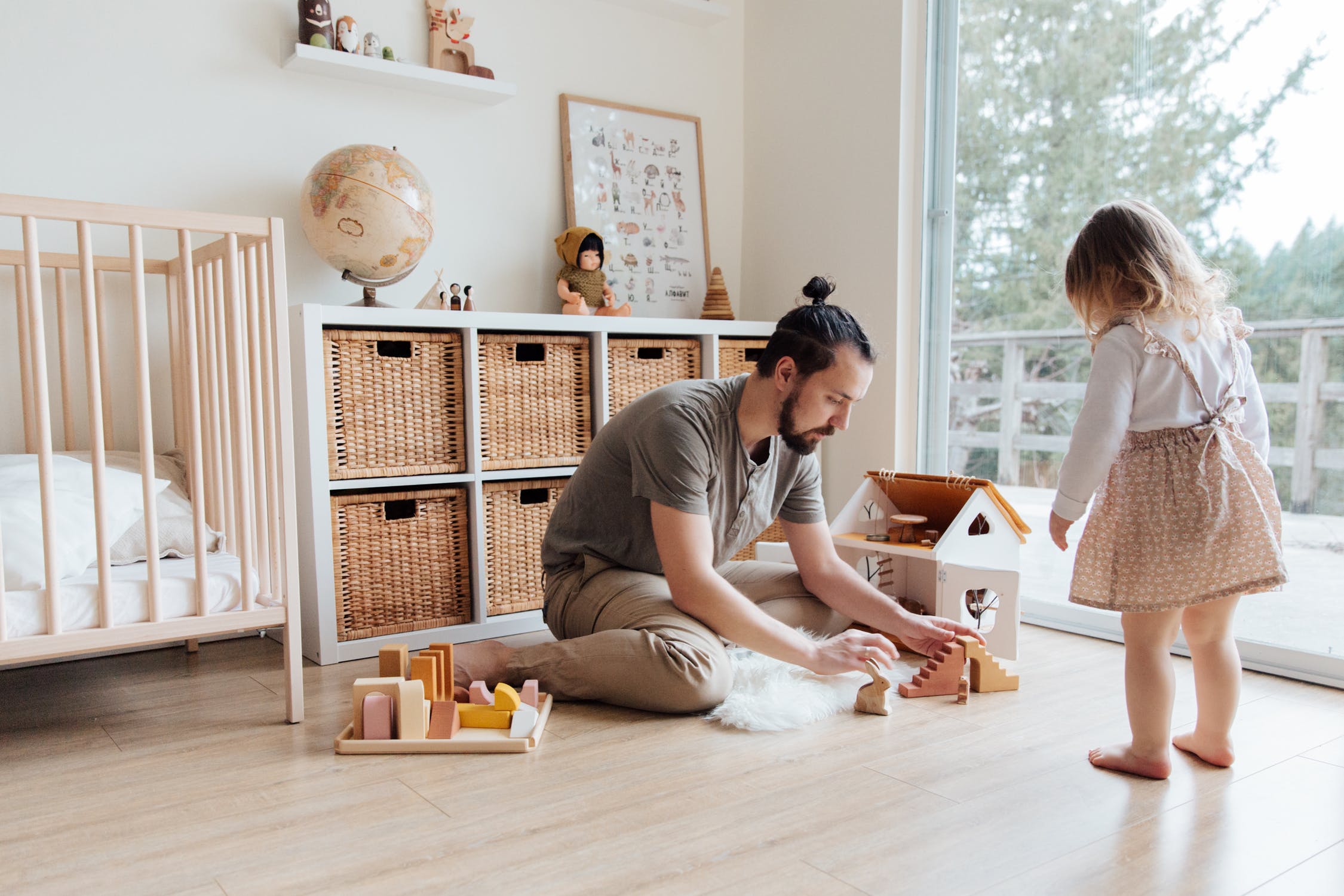
My oldest daughter is 10, and for the past year and a half, she spends most of her free time at the farm. She has always had a great affinity for horses. When she isn’t riding, she’s working at the farm—cleaning stalls, catching horses in the field, or bathing them.
Normally, she’s all smiles after the farm. But recently, I arrived to pick her up, and as she sat down in the car, she broke down in tears. The work had been hard. She had to oil saddles for over two hours. It had to be redone and took up all her time—which meant no time to ride. I think it was a combination of exhaustion, disappointment, and embarrassment. Unmet expectations at any age can sometimes leave us in tears.
I normally don’t handle emotions well. I like to breeze right on past them with quick fixes. And often times, I’m running at full speed between work obligations and family needs. So I’m not usually in a place to sit still with their emotions. But for once, I was in a restful, ready place to meet her sadness with gentleness. Handling your child’s emotions isn’t easy, and it is most definitely exhausting and never convenient. But in that moment, she needed a safe place to land. No fixing. Just safety. Gentleness.
So, she sat in the seat beside me and cried. And I sat in the seat beside her and listened and offered empathy. And then when we arrived home, I sat with her while she ate dinner late. And then instead of homework, we played a few rounds of the game, “Speed.”
That night as we said goodnight, I asked her the question I’ve been asking each night: “What are you thankful for? What made you happy today?” Her usual answer involved a horse, but this time she thought about it for a minute. And then she looked at me and said, “You.” It wasn’t a trite answer. It wasn’t a generic answer. I knew it was true. That night, I showed up. I gave her what she needed from me. I gave her a gentle place to land.
When we give our kids our presence, we are choosing to be a gentle place for them to land. Because here’s what I know to be true: You can’t multitask presence. You can’t be thinking about your agenda while trying to comfort a child. It never works well.
You can’t prevent your children from feeling disappointed, sad, embarrassed or exhausted; but you can show up in those moments and be fully present, and safe.




